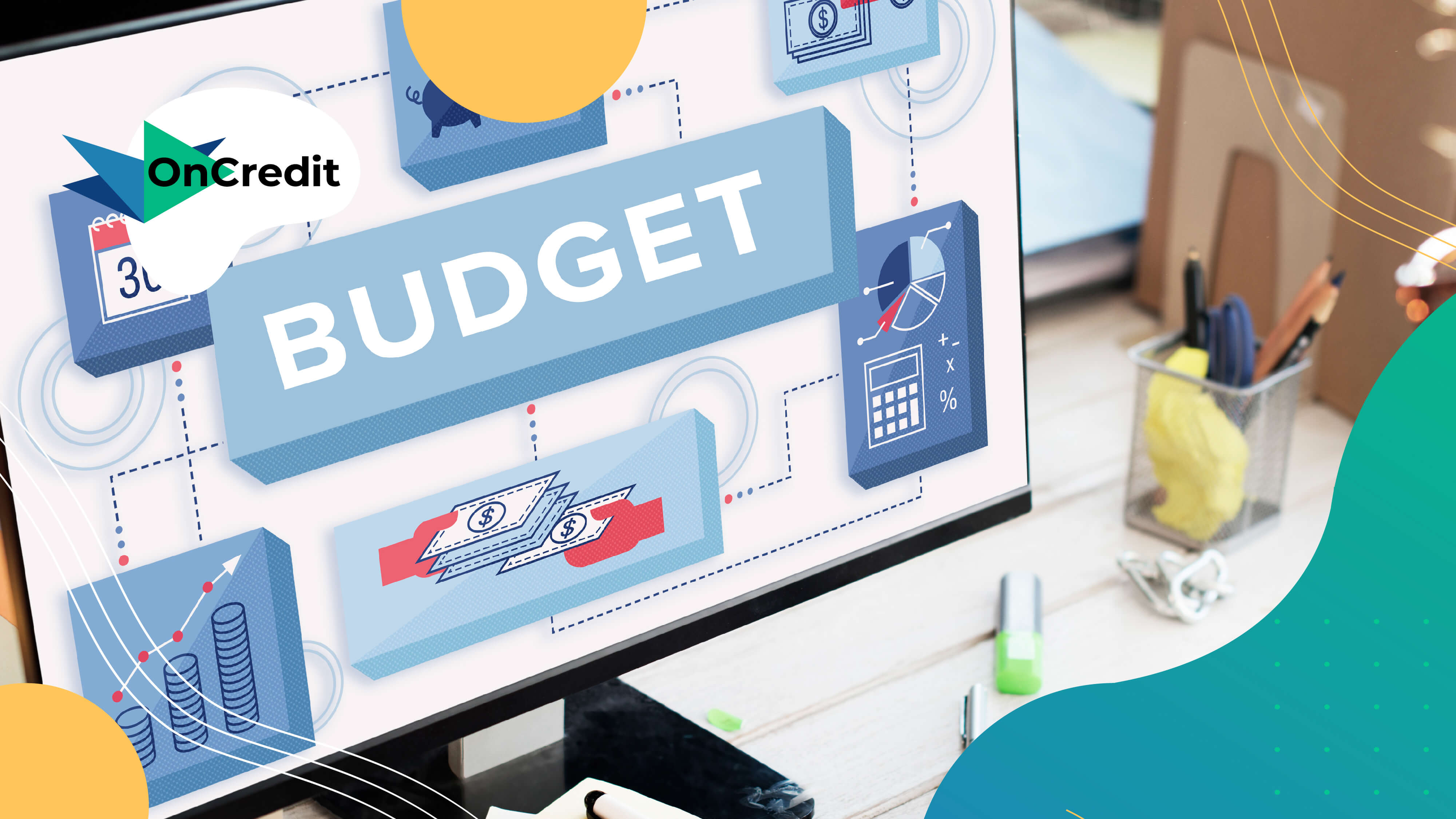There comes a point in everyone’s life when they decide to take a closer look at their finances - and more often than not, the findings are not as good as one would like. A proper personal finance analysis will be able to help you identify which aspects of your life are costing the most money. You will likely find out some unpleasant news like just how much that daily cup of coffee or your monthly clothing allowance is draining your income. Perhaps you earn more than Rs. 500,000 each year but your annual savings are less than Rs. 50,000. Regardless, it is never too early or too late to start properly planning out your personal finances, be it reducing expenses, increasing savings and smarter investments. The first step of personal finance planning is always budgeting. Budgeting is the best way to ensure that your money goes towards the right thing. For a first-time budgeter, it might seem extremely confusing to figure out where to start from.
Here is everything you need to know before you start budgeting your way to a financially-prosperous life.
1. Set your budgeting goals
.jpg)
The first thing you should do before you start budgeting is to really think about what you hope to accomplish through budgeting. It might be to reduce overall expenses, to save money or to settle all your personal loans. By identifying your reasons, you can ensure that you are able to take the necessary course of action to achieve that goal in particular, which might even mean reducing how much money you allocate towards your savings in favour of getting out of debt earlier. Further, just the act of thinking about what you wish to do with your money will help you really get a clear understanding of your true intentions and priorities in life e.g. are you more of a saver, or are you eager to try your hand at investing.
2. Record your current expenses
.jpg)
Once you have figured out where you want to go, the next step of personal financial planning is to figure out exactly where you currently are. The best way to do this is to record all your expenses, right down to the last rupee. There is no need to analyse it all just yet, just write everything down for around 1-2 months to start with.
Use a spreadsheet
You can maintain a Google Sheet which you can update on your smartphone or your laptop, from anywhere around the world.
Use an app
There are many mobile apps that are built especially for recording expenses, which come with in-built features such as daily reminders and automatic categorisation.
Just write it down
If you prefer to keep things simple, you can simply keep track of your expenses in a small notebook with a pen that you carry at all times.
After you have done this, you can start categorising all your expenses e.g. mobile bill, clothes, social outings, alcohol etc. This will help you identify where most of your money is going, and how much is being wasted. It’s very likely that a large portion of your money is being spent in places you aren’t willing to dedicate so much money towards.
Tip: Record your expenses daily, not at the end of a week or even a few days apart - the smallest expenses might slip through the cracks but end up becoming a big amount after a while e.g. your daily fifty rupee tuk ride ends up close to Rs. 2,000 at the end of the month.
3. Set soft and hard limits
Once you know just where your money is going, now it’s time for the unpleasant part. Set spending limits for yourself, keeping in mind the budgeting goals you identified during the initial planning part. If your main goal is to focus your money towards settling overdue personal loans or credit card bills, you can consider reducing your savings contribution for a few months. Look at eliminating all sources of waste as well as reducing money being spent on non-crucial things like clothing and accessories from high-end brands, the “occasional” night out (which is actually costing you close to ten thousand each month) and little splurges. Soft limits are spending limits which you can slightly cross once in a while and these should be reserved for crucial expenses (such as transport or food) and should ideally be covered for by reducing this amount in another area or the next month; in contrast, hard limits are spending limits which should not be exceeded at any cost (this could include categories such as clothes, social outings etc.).
Companies like OnCredit.lk see many people who earn enough money but are forced to resort to payday loans due to mismanagement of their funds or sheer overspending. There are just as many people who are on the brink of this type of situation and even more who simply feel they don’t earn enough money. Thorough financial planning and comprehensive budgeting are an ideal combination to ensure that your money goes where you want it to instead of you wondering where your money went at the end of the month,







